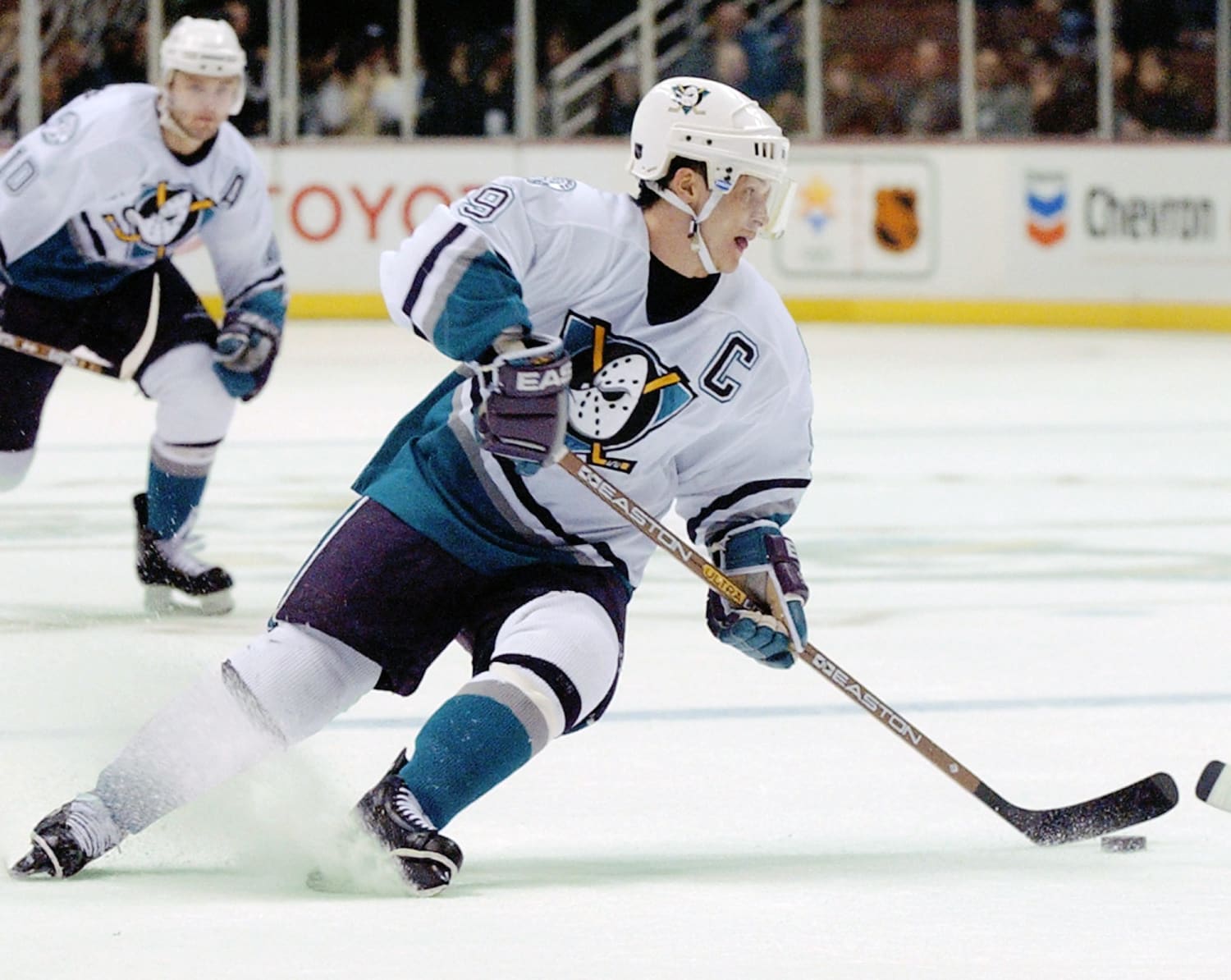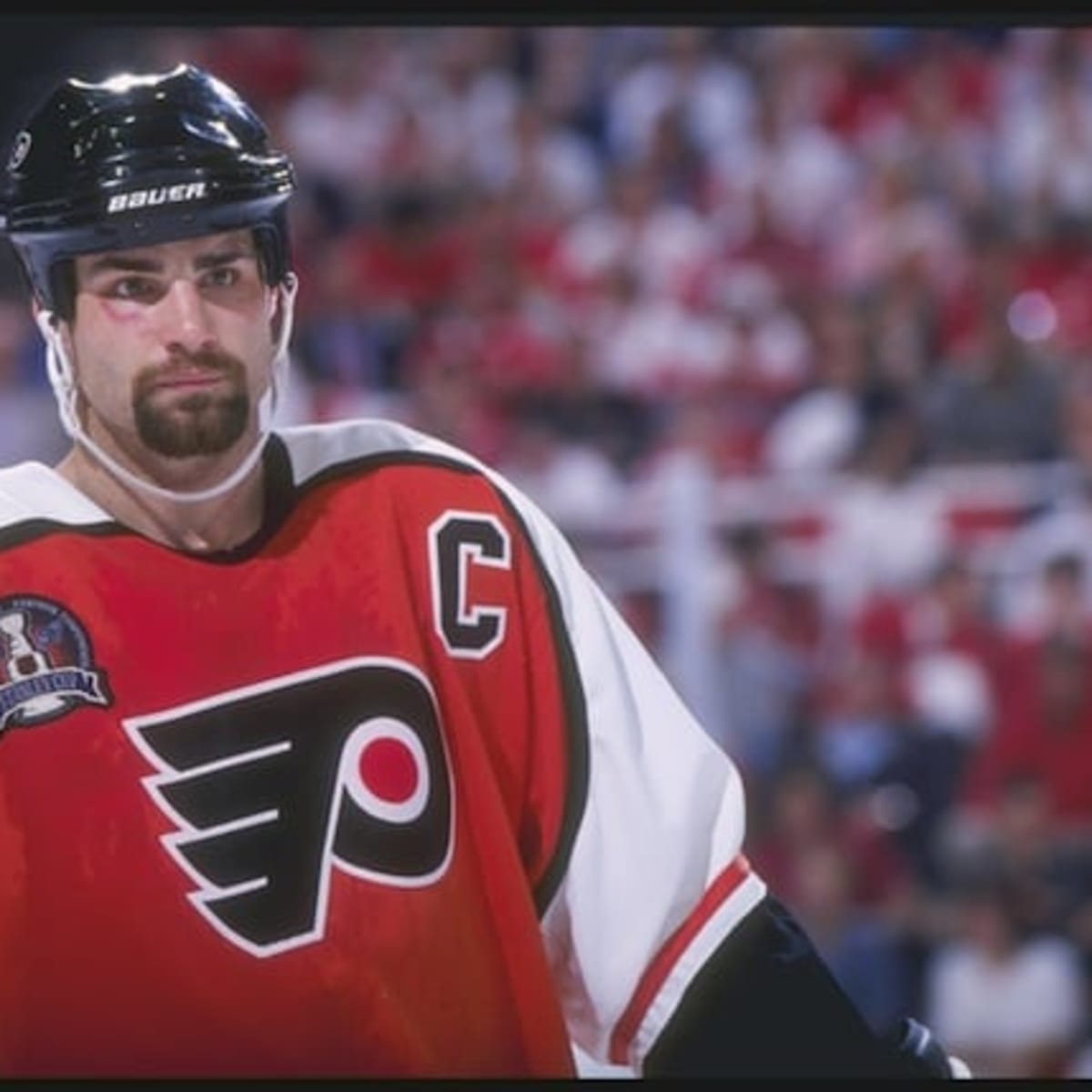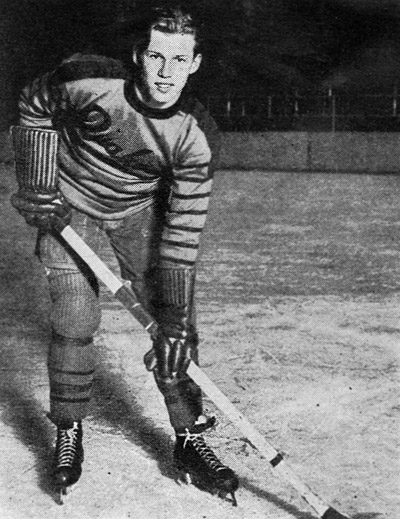The Pittsburgh Confluence will get their 2nd pairing started with a player who posted some pretty amazing usage and playoff numbers throughout the 1960's and was, IMO, the backbone of the Montreal D on their 60's dynasty.
With Potvin-Savard up top, he can be sheltered a bit more from the absolute toughest match ups while being able to log heavy minutes in all situations (see below for usage breakdown). It's not often you can get a Dman at this stage capable of playing both special teams units well above average and log easy #3 minutes.
JC Tremblay, D
His usage numbers were off the charts impressive:
Special teams roles - 1960-2017
Regular season PK usage (2nd all time post 1960 for players w/>500 games played)
-6% above league average while logging 2/3 of his team's penalty kill over the course of his career:
| Player | GP | SH% | TmSH+ | $SHP/82 |
| Jacques Laperriere | 691 | 76% | 0.90 | 2 |
| J.C. Tremblay | 796 | 66% | 0.94 | 1 |
| Marcel Pronovost | 636 | 66% | 0.96 | 1 |
| xxxxxxxx | 604 | 65% | 0.88 | 1 |
| Bobby Orr | 657 | 62% | 0.78 | 6 |
| xxxxxxx | 836 | 60% | 1.08 | 1 |
| xxxxxxx | 1071 | 59% | 0.95 | 1 |
| Serge Savard | 1040 | 58% | 0.82 | 2 |
| Ray Bourque | 1612 | 58% | 0.88 | 2 |
| xxxxxx | 854 | 57% | 0.77 | 1 |
| Chris Chelios | 1651 | 57% | 0.85 | 2 |
| xxxxx | 615 | 57% | 1.01 | 1 |
| Tim Horton | 1010 | 57% | 0.92 | 2 |
[TBODY]
[/TBODY]
Regular season ES usage (tied for 5th all time post 1960, just marginally behind Orr, Horton, Pilote, Laperriere)
| Player | GP | $ESP/82 | $ESGF/82 | $ESGA/82 | R-ON | R-OFF | EV% |
[TBODY]
[/TBODY]
| J.C. Tremblay | 796 | 25 | 101 | 78 | 1.30 | 1.30 | 45% |
[TBODY]
[/TBODY]
-Again, you can see the impact he had while on the ice w/the even strength goals for vs against splits.
Here is a look at how much Tremblay was used during the playoffs:
Special teams roles - playoff data (1960-2017)
Playoff PP usage:
59.3%
Playoff PK usage:
57.7%
Playoff ES usage:
46.4%
Playoff even strength "R-ON/R-OFF" ratio
| J.C. Tremblay | 108 | 1.45 | 0.99 | 0.45 |
[TBODY]
[/TBODY]
-Those are incredibly good splits for an ATD defender. Only Bobby Orr and one other undrafted ATD regular sees greater than +45% in the green.
Here are some quotes from folks like
@Sturminator @overpass @TheDevilMadeMe who did a wonderful job highlighting Tremblay's skills on the ice, specifically putting down the notion that he was some sort of liability defensively based on his softer reputation.
From the Top 200 project:
Top-200 Hockey Players of All-Time - Round 2, Vote 14
Sturminator said:
↑
As opposed to 60's/early 70's Montreal, J.C.'s game wouldn't seem so strange to today's hockey fan. He had some fight in him, and would scrap for the puck when necessary, but the puck (and not the man) was always his focus, and he had a remarkable number of ways of going about establishing control of it. In the defensive zone, the easiest style comparison would be Nicklas Lidstrom. This is not perfectly apt - Lidstrom is better at defending the front of the net, for example - but in terms of stick play and general approach, they aren't so different. One thing that set Tremblay apart was his ability to improvise; he was very good at catching the puck in mid-air and at playing the puck with his feet, to the point that he looked a bit like a soccer player at times. It was extremely hard to pass the puck anywhere near Tremblay because of this factor combined with his hockey sense and anticipation. There was a somewhat "Gretzkian" quality to many of the things Tremblay did on the ice; his control of body and the puck was supreme, and it was very hard to predict what his next move would be.
Defensively, he was one of the best defensemen in the league in spite of his lack of physicality. I've already described how he played, so I'll let a few others describe how effective he was...
Red Fisher said:
During his time, there was nobody better, in terms of taking care of business in his own end of the ice.
He didn't have the size, but few had a better understanding of what was needed to win. Tremblay's colleagues during his years with the team were people such as Jacques Laperriere, xxxx and xxxxxx, but when a lead had to be protected or an important goal was needed, Tremblay was your man
Joe Pelletier said:
Jean-Claude (J.C.) Tremblay is one of the most intelligent, two-way defenders of all time. Yet very few give him recognition as such. Tremblay's departure in 1972 to the World Hockey Association on one hand helped to establish the WHA as a true alternative to the National Hockey League, but on the other hand appears to have hurt his shot at eternal fame.
J.C. starred for years with the Montreal Canadiens. He became a regular in 1961 and played for 794 games until 1972. Tremblay was an excellent all around performer during this time, and saved his best performances for the playoffs.
He never was a true offensive force during his first 11 regular seasons. His highest offensive output was 39 points. He was tremendously responsible defensively and a great two way defenseman, often headmanning the puck to the speedy Montreal forwards, but never put up great numbers until 1970-71.
Defensively Tremblay was efficient and heady, relying on his intelligent stick to break up plays rather than bones. He never really had an obvious physical game, something that his critics pointed out regularly. But he was so smart, it did not really matter.
Fisher, Red. The Gazette. Montreal, Que. [Montreal, Que]17 Oct 2009: D.1.
Habs' unsung superstar; No. 19: J.C. Tremblay
The Canadiens have been blessed with a number of elite defencemen over the years. Doug Harvey was the best - and by far. The Big Three of Larry Robinson, Serge Savard and Guy Lapointe arguably are the best trio ever to play together. Add J.C. Tremblay, who is not in the Hall.
What made Tremblay special was his playmaking. He had an uncanny feel for the puck. If he wasn't feathering a pass to a sprinting forward, he was the NHL's best delivering it in a high, lazy arc to an open man. During his time, there was nobody better, in terms of taking care of business in his own end of the ice.
He didn't have the size, but few had a better understanding of what was needed to win. Tremblay's colleagues during his years with the team were people such as Jacques Laperriere, Ted Harris and Jean-Guy Talbot, but when a lead had to be protected or an important goal was needed, Tremblay was your man.
J.C., at 170 pounds, saw the ice better than the best players of his time. Give him the smallest opening, and he'd make opponents pay for it with his quick pass or his matchless rising floater that somehow always fell at the feet of a colleague in full flight.
There are many people who feel Tremblay is the best Canadiens defenceman who hasn't been voted into the Hall. The fact is he wa nominated several times, but failed to attract the required number of votes. Still, the argument continues. Laperriere is there, so why not Tremblay? Johnson is a member, why not J.C. Superstar?
Tremblay wasn't the bodychecker most fans expect from defencemen, but he was an entertaining player who would keep the opposition guessing about his next move. More importantly, on most nights he knew what was needed to win - and far more often than not delivered it.
JC Tremblay's playoff stats are really, really good.
Leading playoff scorers 1965-1969 (Montreal wins 4 Cups in 5 years):
Jean Beliveau 63 points, +11
xxxxxx 42 points, +13 (forward)
JC Tremblay 41 points, +35
Henri Richard 40 points, +7 (with very little PP time)
xxxxxxxx 40 points, +3 (forward)
xxxxxxxx 39 points +5 (forward)
Leading playoff scorers 1965-1969 among defensemen:
JC Tremblay 41 points in 59 games
Pierre Pilote 20 points in 39 games (for Chicago)
xxxxxxx 13 points in 60 games
-Nobody is remotely close to Tremblay in terms of lifting their offensive output in the postseason during this time frame.
TDMM:
I don't think JC Tremblay was as good defensively as Laperriere - if we're going to give defensemen "types," Tremblay was a puck mover. But I think there's a lot more reason to think he was responsible defensively than the other way around. I mean, Toe Blake wouldn't have had him killing massive amounts of penalties - not as much as Laperriere when Laperriere was healthy but far more than any other Habs defenseman - if he was notably weak in his own end.
Since 1960 when we first have stats, Tremblay is #2 all-time in average PK usage among defensemen. Behind his teammate Laperriere. Now, that "all-time" stat is definitely slanted towards guys who had their peaks in the 1960s, and clearly Toe Blake rode his best defensemen hard on the PK if he coached #1 and #2 all-time in terms of average PK usage. But still.
In the playoffs, Tremblay looks to me to very clearly be the most important Canadiens defenseman of the 1960s dynasty, and it isn't close. This was mentioned when Laperriere came up to vote. What forward would you even consider taking over him other than Beliveau or Richard? xxxxxxxxx I guess has a case, but IMO, it's a thin one.
I'm definitely sympathetic to the idea that we tend to overrate secondary players on dominant teams - see my posts about xxxxxxxx - but does that apply to the 1960s Montreal dynasty? Only Jean Beliveau, Henri Richard, Jacques Laperriere (who tended to be injured in the playoffs), and Serge Savard (who won the Conn Smythe in 1969 but only played 6 playoff games before then) have been added from that team so far.
Tremblay's +35 in the playoffs from 1965-1969 (the 4 Cups in 5 years) is ridiculous, especially when the next best were xxxxx at +18, xxxxxxx at +17 and xxxxxxxx +16.
@seventieslord highlighted how good his scoring numbers were with a playoff version of VsX: Tremblay joins Denis Potvin to give Three Rivers a pair of absolute money players (overall and offensively speaking) when it comes to postseason hockey.
NHL Playoff VsX, 1918-2016
| | | Name | | | VsX5P |
| 1 | Denis Potvin | | | 442 |
| 2 | Bobby Orr | | | 423 |
| 3 | Paul Coffey | | | 405 |
| 4 | Nicklas Lidstrom | | | 404 |
| 5 | J.C. Tremblay | | | 368 |
| 6 | Larry Robinson | | | 365 |
| 7 | Al MacInnis | | | 360 |
| 8 | xxxxxxxxx | | | 339 |
| 9 | Chris Chelios | | | 329 |
| 10 | Brad Park | | | 328 |
| 11 | xxxxxxxx | | | 323 |
| 12 | Chris Pronger | | | 322 |
| 13 | xxxxxxxxxx | | | 313 |
| 14 | Ray Bourque | | | 308 |
| 15 | Doug Harvey | | | 306 |
| 16 | Brian Leetch | | | 303 |
| 17 | Pierre Pilote | | | 301 |
| 18 | xxxxxx | | | 297 |
| 19 | Scott Niedermayer | | | 296 |
| 20 | Duncan Keith | | | 290 |
[TBODY]
[/TBODY]






